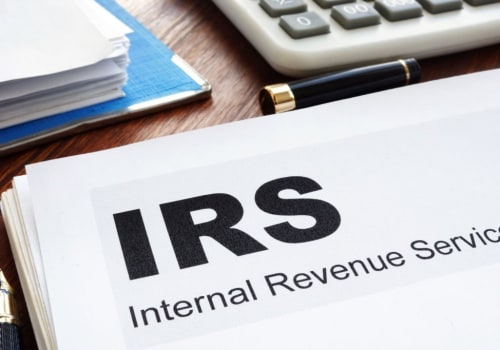Apply with the new Form 656 A transaction offer allows you to settle your tax debt for less than the full amount you owe. It can be a legitimate option if you can't pay your full tax liability or if doing so creates financial difficulties. This is just one of many procedural changes instituted by the IRS to help struggling taxpayers during this unusual period in our nation's history. Another recent change, which will survive the pandemic, improves the “start from scratch” option offered by our Offer in Compromise (OIC) program.
An OCI allows taxpayers to settle their tax debt for less than the total amount they owe. It may be a legitimate option for taxpayers who can't fully pay their tax obligations or if doing so creates financial difficulties. The fiscal impact of debt forgiveness or cancellation depends on your individual facts and circumstances. Generally, if you borrow money from a commercial lender and the lender later cancels or forgives the debt, you may need to include the canceled amount in income for tax purposes.
Generally, the lender must report the amount of the canceled debt to you and to the IRS on Form 1099-C, Debt Cancellation. There are several exceptions to the taxation of canceled debt, such as insolvency or bankruptcy. The way it works is that the statute of limitations begins on the date the tax debt is evaluated, also known as the expiration date of the collection statute. To find out if you are eligible for the IRS debt forgiveness program, your case must be examined.
IRS tax debt relief or forgiveness allows taxpayers who owe unpaid taxes to reduce part of their debt, depending on their circumstances. They can also help you avoid being taxed, which will damage your credit. The government also has an IRS debt forgiveness program that offers several tax relief options. The late filing penalty is 5 percent of the tax due per month up to a maximum of 25 percent of the balance.
Once the amount of the hardship is established, the IRS will only avoid a sufficient amount of compensation to alleviate the amount of the hardship. If your income is low enough, and that may be the case this year due to the pandemic, you can get free help from clinics for low-income taxpayers, which can represent you before the IRS in tax collection matters and other disputes. You can also apply for a “Pledge Offer” (OIC), which is a program in which the IRS will settle a tax debt for less than the total amount owed. If you don't file your return or make any payment on your obligation, your tax debt will increase rapidly.
There are steps you can take to reduce the impact of unpaid taxes on your life, credit and financial well-being. As with most things tax-related, it can be a bit difficult to determine when the ten-year collection period of your tax debt ends. You can also request a tax evaluation because of an audit, which will give you a different law expiration date. The IRS debt forgiveness program is an initiative created by Internal Revenue Services to facilitate payments and provide tools and assistance to taxpayers who owe money to the IRS.



